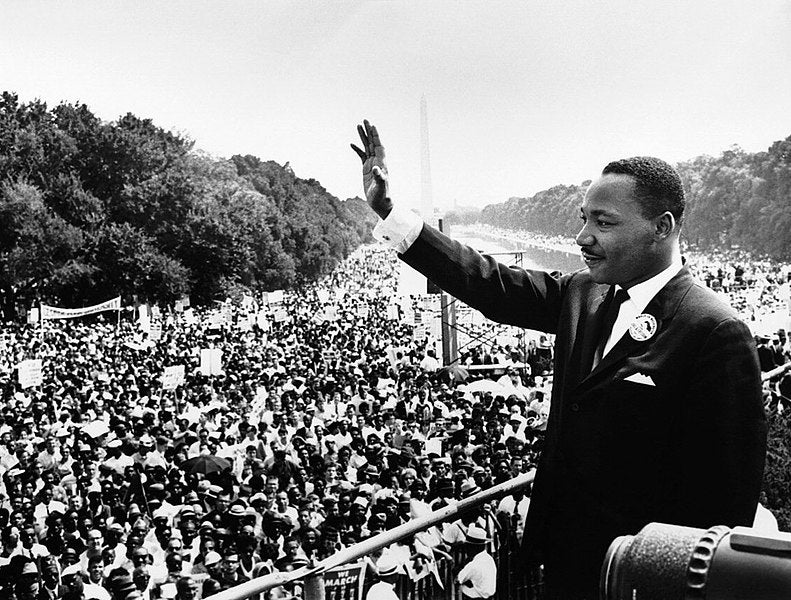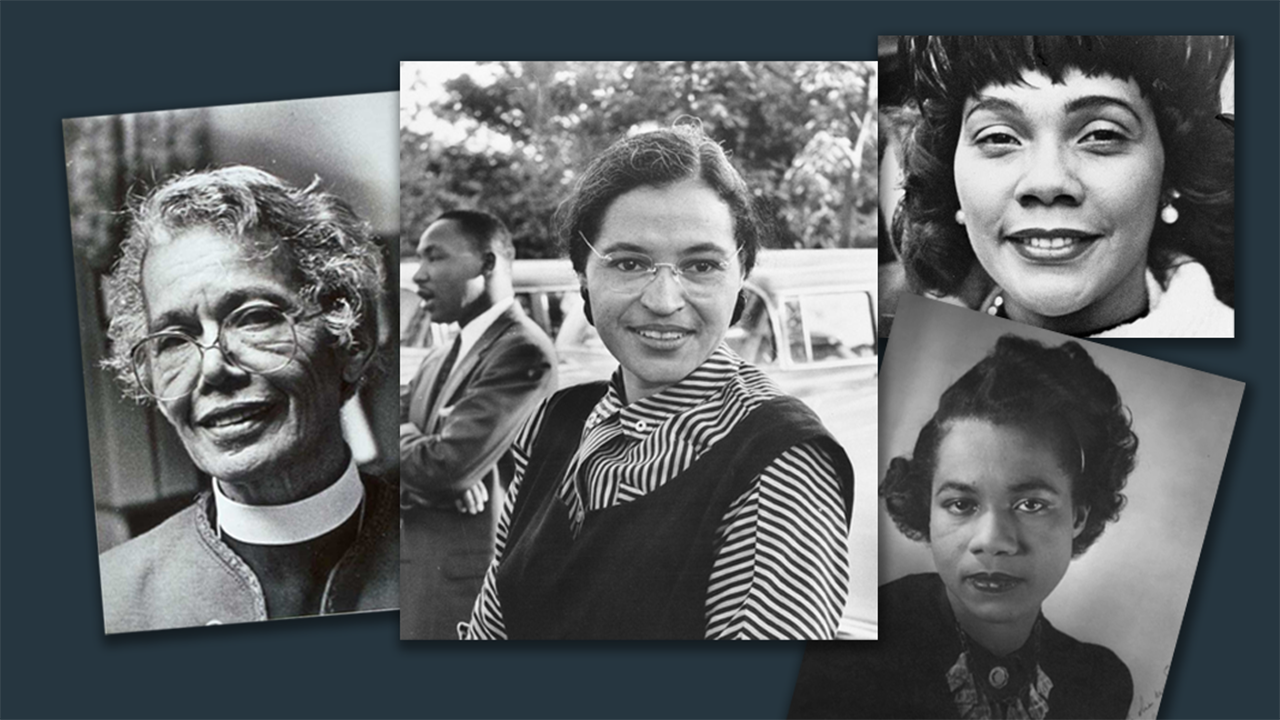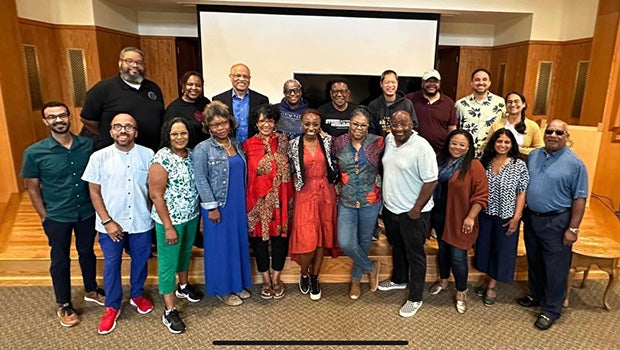Racial Justice & Religion

Racial justice and religion are deeply intertwined.
The United States is becoming increasingly diverse; by the year 2045, we will be a majority brown country. While many have attended to the significant demographic shifts in America’s racial and ethnic composition, there is still much to learn about the religious diversity that surrounds us. The Aspen Institute’s Religion & Society Program is well-positioned to convene, research and dialogue about the racial inequities based on religious difference through its Racial Justice & Religion Collective (RJR). RJR is composed of twenty-seven interfaith next generation leaders who work at the intersection of racial justice and religion; investing in these leaders will have long-term impact, both for those already engaged in this work and for the general public.
RJR Objectives:
The Racial Justice & Religion (RJR) Collective will focus on strengthening the capacity of leaders working on behalf of marginalized communities through: (1) leadership development that will equip practitioners in this field, (2) partnerships that will create outputs for public engagement and offer new resources and skills for members, and (3) media engagement and public programming that contributes to enhanced dialogue and public knowledge.
RJR Outcomes:
In May 2023, The Racial Justice & Religion Collective (RJR) at the Aspen Institute’s Religion & Society Program was officially launched under the leadership of Deputy Director Rev. Dr. Audrey Price. The Aspen Institute’s Religion and Society Program helps build the understanding of religion’s role in racial justice by providing educational opportunities for members to develop a more accurate picture of the challenges and opportunities at the intersection of race and religion. Additionally, the RJR convenes a religiously pluralistic group of twenty-seven faith leaders focusing on capacity-building/leadership development offerings. These strategic partnerships will create outputs for public engagement and offer new resources and skills for members that contribute to enhanced dialogue and public knowledge. Since its inception, The Racial Justice & Religion Collective members have participated in a capacity-building retreat at Green Acre Bahá’i School of Learning in Eliot, Maine. The collective members have embarked on a Race & Peace Pilgrimage in Montgomery and Birmingham, Alabama. During this pilgrimage, they traced the roots of the civil rights movement, highlighting challenges and opportunities at the intersection of race and religion.
In March 2024, the Religion & Society Program launched the Inaugural Congressional Symposium to engage in robust discussions about the intersection of faith and politics between collective members and congressional leaders like Senator Chris Murphy and the late Congresswoman Sheila Jackson Lee, among others. In June 2024, The Religion & Society Program partnered with the U.S. Baha’i Office of Public Affairs (OPA) to launch a collection of essays entitled Religious Perspectives on the Narratives of America: The Search for Just, Honest, Inclusive, and Forward-looking Tellings. This publication casts an inclusive, empowering, and forward-looking vision of America through the lens of religious pluralism. The Racial Justice & Religion Collective honors the past and fosters imaginings that lay the groundwork for fruitful racial justice and religion work for our present and future. The heart of our journey lies in exchanging ideas, perspectives, and experiences. The Racial Justice & Religion Collective is not comprised of mere spectators of history but active participants in its unfolding narrative.
Meet our Racial Justice & Religion Collective Members:
Members of the Racial Justice & Religion Collective
Each of these distinguished members bring a unique perspective and deep experience in racial justice work empowering historically marginalized communities, whether it be through the lens of faith, activism, theology, education, or revitalization. Collectively, they will advance racial justice via a religiously pluralistic lens and commitment.

Religion & Society Program Racial Justice & Religion Collective Members
Top Row, Left to Right:
Nikki Toyama-Szeto, Christians for Social Action
PJ Andrews, Baháʼís of the United States Office of Public Affairs
Yolanda Savage-Narva, Union for Reform Judaism & Religious Access Center
Dr. Russel Jeung, San Francisco State University
Rev. Dr. Audrey Price, Aspen Institute Religion & Society Program
Pastor Gil Monrose, New York City’s Mayor’s Office
Nina Fernando, The Shoulder-to-Shoulder Campaign
Second Row, Left to Right:
Rev. Kasey Jones, Cooperative Baptist Fellowship
Kia Smith, Mothers Out Front
Rabbi Lindsay Danziger, Religious Action Center of Reform Judaism
Lisa Sharon Harper, Freedom Road
Walter Kim, National Association of Evangelicals
Tahil Sharma, United Religions Initiative
Kaitlin Curtice, The Aki Institute for Peace & Justice
Third Row, Left to Right:
Nicole Pressley, Unitarian Universalist Association
Rev. Dr. Liz Theoharis, Kairos Center for Religions, Rights, and Social Justice
Sonny Singh, Musician
Rev. Leroy Barber, Neighborhood Economics
Rev. Kyev P. Tatum Sr., New Mount Rose Missionary Baptist Church
Rev. Jamar A. Boyd II, MacArthur Foundation
Dr. Beverley Eileen Mitchell, Wesley Theological Seminary
Bottom Row, Left to Right:
Randal Jelks, Indiana University Bloomington
Bishop Dwayne Royster, Faith in Action
Rev. Traci D. Blackmon, Hope Builds LLC
Rev. Harvey J. Clemons, Pleasant Hills Baptist Church of Houston
Rev. Larita Rice-Barnes, Metro East Organizing Coalition (MEOC)
Rev. Michael Mata, TogetherLA
Ekemini Uwan, Special Advisor to the Religion & Society Program for the Racial Justice & Religion Initiative
In addition, the Racial Justice & Religion Initiative is led by Rev. Dr. Audrey Price of the Aspen Institute’s Religion & Society Program.
For more information about the members, click here.
To learn more about this collective and the Program’s Racial Justice and Religion Initiative, please reach out to Rev. Dr. Audrey Price.

The Racial Justice & Religion Collective is generously supported by the Wayfarer Foundation and the Henry Luce Foundation.




